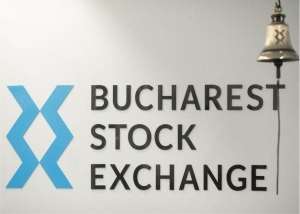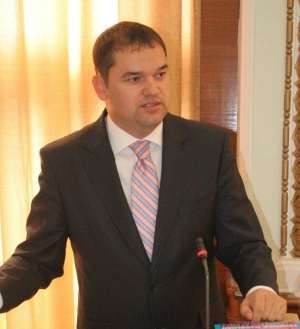Over the last few days the dollar fell to a two-month low, amid the first "whispers concerning a new round of quantitative easing of the monetary policy in the United States", as written by Reuters.
But why whispers and why quantitative easing? Did not all the forecasts in the recent months show that the Federal Reserve is ready to switch to the normalization of the monetary policy, and the first step would have been to raise the interest rates?
Unfortunately for the five-year plans of growth, the economic reality is completely different. James Rickards, the author of the books "Currency wars" and "The death of money", describes on his Twitter account the cognitive dissonance of the markets: "stocks are rising because the Fed has postponed the hike of the interest rate, but the postponement is due to the nearing of the recession".
Rickards forecasted back in 2014 that the Fed would not raise the interest rate in 2015, and the latest economic developments have caused him to move the outlook for a potential hike of the interest rate to the second semester of 2016.
Macroeconomic data in the United States shows a contraction of the activity in the processing industry and the far below expectations evolution of the ratios concerning consumption and consumer confidence. However, none of these ratios represent a greater stimulus to the American central bank than the latest earnings reported by Goldman Sachs.
According to an article by Bloomberg, GS posted the lowest earnings in the last two years in Q3 2015, amid the steep decline in trading revenues.
Under these circumstances, will the Fed "dare" to spoil a "party" that is animated by an increasingly shrinking number of participants? Of course not, especially as officials of the European Central Bank openly admit their ignorance.
"A hike of the interest rate in the United States could have greater global repercussions than in the past, because the economic situation has changed, and the central banks no longer have the experience of exiting a zero interest rate regime", said Vitor Constancio, the vice-president of the ECB, according to a piece of news by Reuters.
In a press conference in Hong Kong, Constancio also said that "central banks have to learn by experimenting", because "they do not fully understand how the economies and the markets will react".
In his opinion, "an hike of the interest rates in the US would have a greater impact than in the past, because emerging markets, especially China, are far more integrated in the global economy, and the cross border capital flows have increased".
The approach of the ECB officials is interesting, but what the about the responsibility and the costs of these "experiments"? Didn't the central banks promise us that they know what they are doing and tell us that we shouldn't question their competence and good intentions?
Well, central banks are just about to prove, even to their most ardent supporters, that they don't know what they are doing. Does it matter? No, because even in the most developed "democracies", there exists no legal framework for holding the central banks accountable. In the name of "independence", of course.
Thus, the leaders of the central banks can look serenely at what Reuters recently wrote: "the chances of a hike of the interest rate in the near future have vanished, amid a string of disappointing statistics from the United States".
Deliberately or not, Vitor Constancio also emphasized the true nature of the current phase of the global crisis: "amid the debts in dollars created on a global level, without the elements needed to ensure liquidity, we are still far from having a lender of last resort adequate for our times".
Under these circumstances, we shouldn't be surprised that the engines of the "printing presses" are being "warmed up" again, and the "whispers" concerning a new round of quantitative easing, not just in the United States, will very soon turn into the cries of those who want to drown in the wave of liquidity, to avoid the death by suffocation.


























































